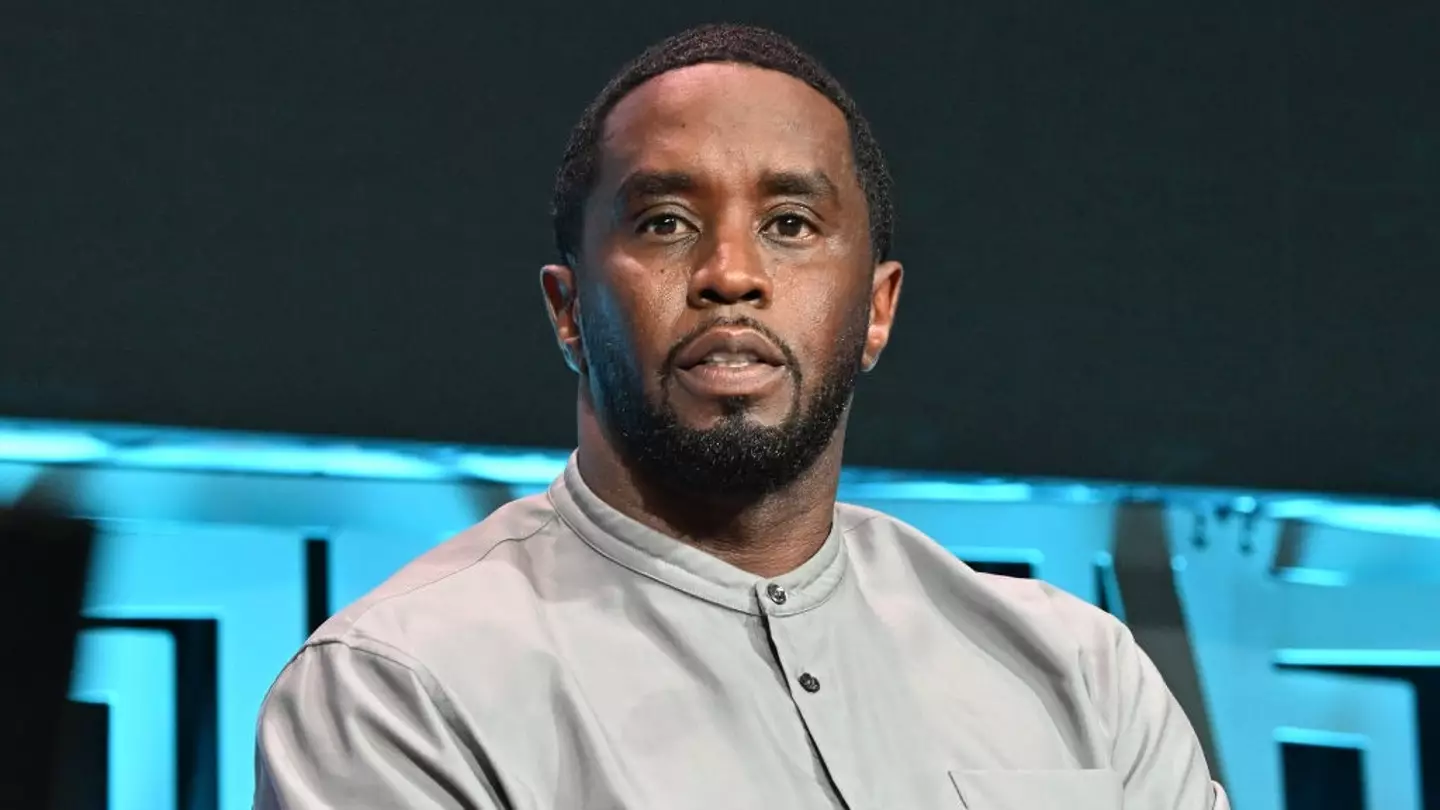Sean ‘Diddy’ Combs has received a prison sentence exceeding four years due to charges associated with prostitution.
The former music industry mogul was taken into custody at a Manhattan hotel last September. His charges included sex trafficking by force, fraud, or coercion, as well as racketeering conspiracy, among others.
This summer, during a widely publicized court trial, Combs was exonerated of some of the more grave accusations.
A jury convicted the 55-year-old of two counts of transportation for engagement in prostitution, violating the Mann Act, which prohibits interstate commerce linked to prostitution.
On October 3, a New York judge sentenced Combs to 50 months in prison, rejecting the defense’s request for a sentence of no more than 14 months, citing it as insufficient.
The judge acknowledged that Combs’ incarceration would be challenging due to separation from his family, yet noted that he would still have a future after serving his time.
The court was previously informed about Combs’ notorious ‘freak-offs’; these were drug-fueled, multi-day sex parties where the founder of Bad Boy Records would observe and record interactions involving male sex workers and his partners.
It is alleged that the rapper coordinated these encounters in various states across the U.S. and internationally, compensating the women and sex workers for their travel to the events.

Combs was convicted on two charges, one concerning sex workers he paid while dating singer Cassie Ventura, and another involving a woman with whom he later had an unspecified relationship during the trial.
Each offense carries a potential maximum sentence of 10 years incarceration.
Since his July conviction, Combs has remained in custody, maintaining his innocence against all allegations.
The sentencing follows a recent plea by prosecutors to a New York federal judge to impose an 11-year-plus prison term, due to one accuser expressing fear of his eventual release.
“His crimes of conviction are serious and have warranted sentences over ten years in multiple cases for defendants who, like Sean Combs, engaged in violence and put others in fear,” they stated in a pre-sentence submission on September 30.

Prosecutors criticized Combs for being ‘unrepentant’ and claimed he ‘argues his victims should shoulder the blame’ for his actions.
“He is not the victim,” they wrote. “The Court should focus on the very real effects that the defendant’s conduct had on the lives of the actual victims, his victims.”
In contrast, his defense urged for a sentence not exceeding 14 months, arguing that he had already faced hardship during his 13-month imprisonment and contended that his former girlfriends were ‘not vulnerable or exploited or trafficked or sexually assaulted during the freak-offs.’
The defense also insisted that Combs has reformed during his incarceration, from being on suicide watch to managing situations calmly, such as when confronted by an inmate wielding a weapon.
His lawyers emphasized that Combs has acknowledged how his drug use contributed to his violent behavior. However, efforts to fully overturn his conviction were unsuccessful.

